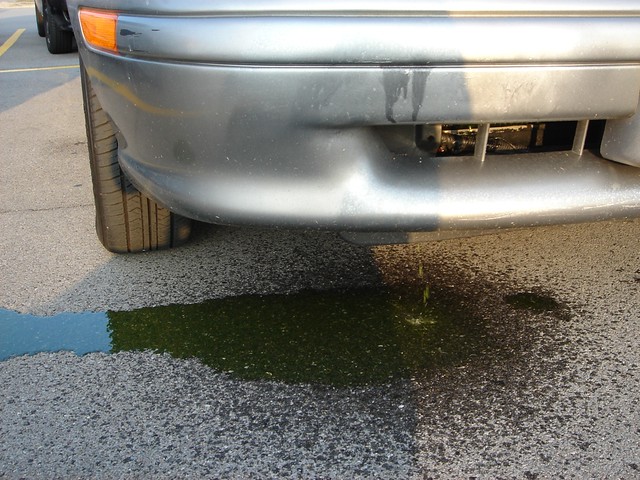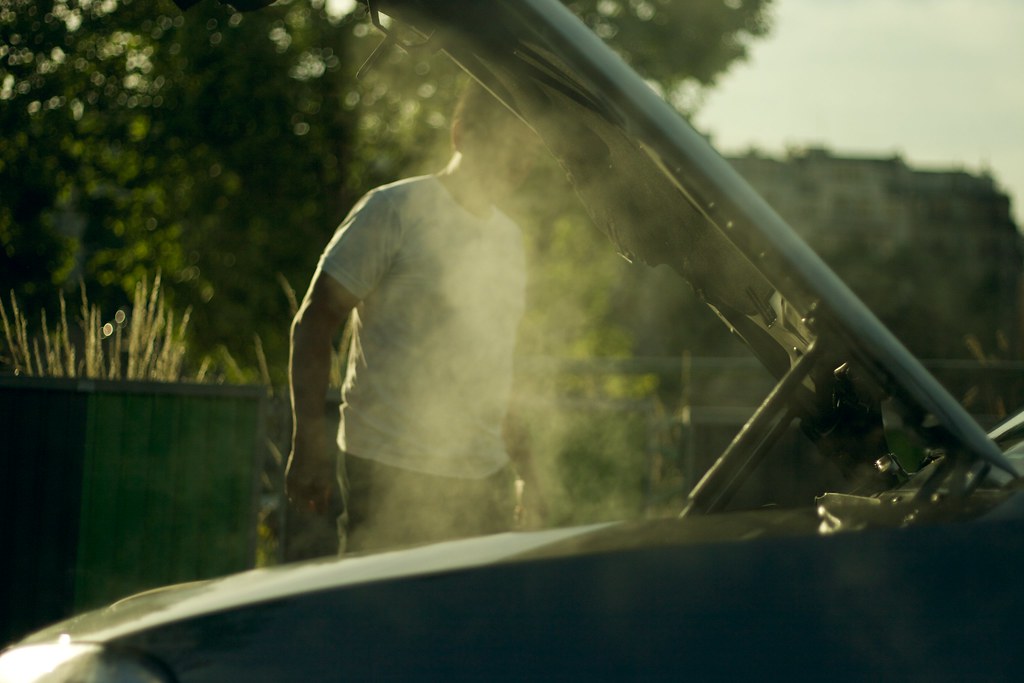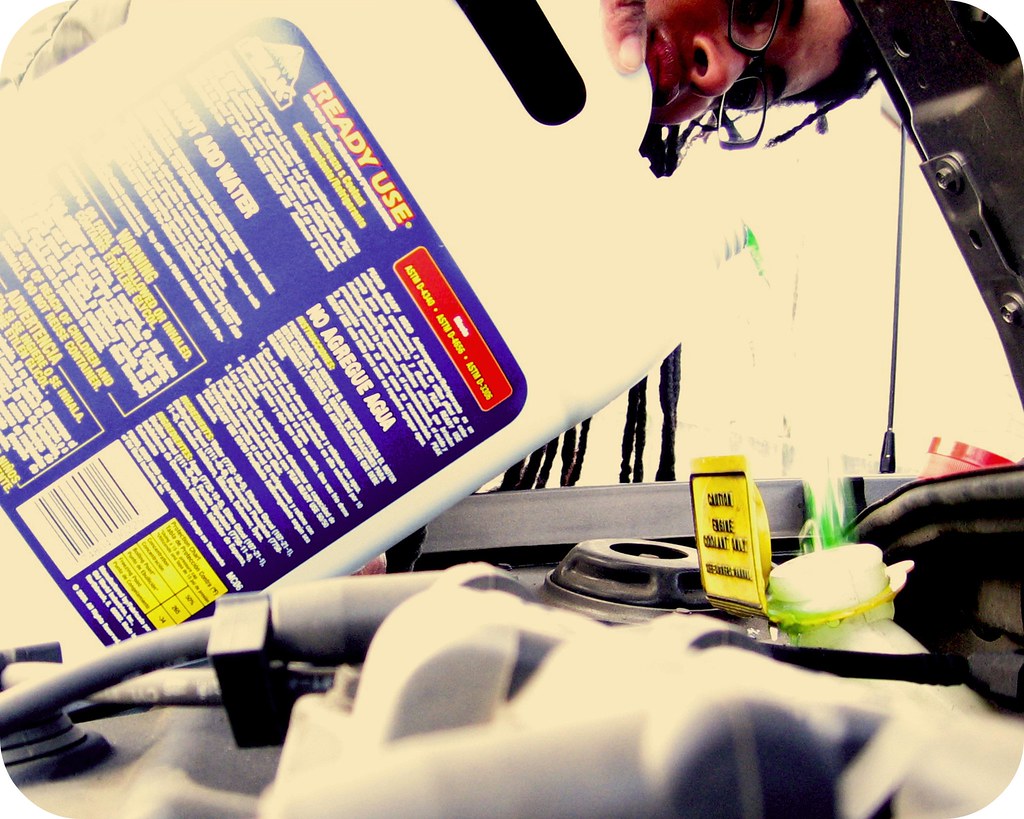The coolant is one of the main parts of the cooling system that is responsible for maintaining the temperature of an engine. If an engine runs out of coolant, it loses its ability to transfer its heat to the radiator. The first thing you’ll notice is your car’s temperature gauge quickly rising into the Red “H” portion.
Depending on the vehicle’s make and model, here are the outcomes that may occur.
1. The temperature gauge will start going high but may then return to a standard figure if the sensor is the type that goes into the water jacket as there will be no coolant for it to read. A dash warning light may come on for engine fault.
2. The engine may start to smell hot, which you may notice when stopped in traffic, particularly with the windows down. With the advent of new technologies in modern cars, the engine automatically cuts off when the coolant level goes down.
3. The heater will not respond if the heater core is not receiving any hot coolant from the heated-up engine. Besides neglecting to check on the engine’s coolant, a leakage can also account for low coolant levels. For example, a leak in the radiator, due to rust, age, or over-pressure caused by particulate buildup, will heat the leaking coolant (anti-freeze). The fluid will evaporate, creating a sweet smell when the heater is on.

4. A car’s engine is efficient when it runs at the right temperature, hence fuel economy. Fuel isn’t burnt as effectively when the engine temperature changes, bringing exhaust emissions. It is advisable to check your MPG (Miles per Gallon) record to spot a dip in the distance covered. This is a good indicator of coolant issues.
5. It might start stalling at the lights, or there may be momentary losses of power.
6. There will probably be lots of smoke coming out from under the bonnet as the paint on the engine burns.

7. The engine will finally seize and may or may not turn over on the starter when cooled off.
8. Internally after the engine is stripped down for inspection to see if repair is viable, the possible damage will be:
- Warped cylinder head.
- Scored or melted pistons.
- Bent conrods.
- Burnt valve stems seals and possible collapsed valve springs.
- Blown gaskets and seals.
- Carbonized engine oil which could also mean damaged engine bearings on the crankshaft and camshafts
9. Last but not least, your finances will suffer from so much damage. Prevention is better than cure. A quick verification of the coolant can avoid dire consequences.

